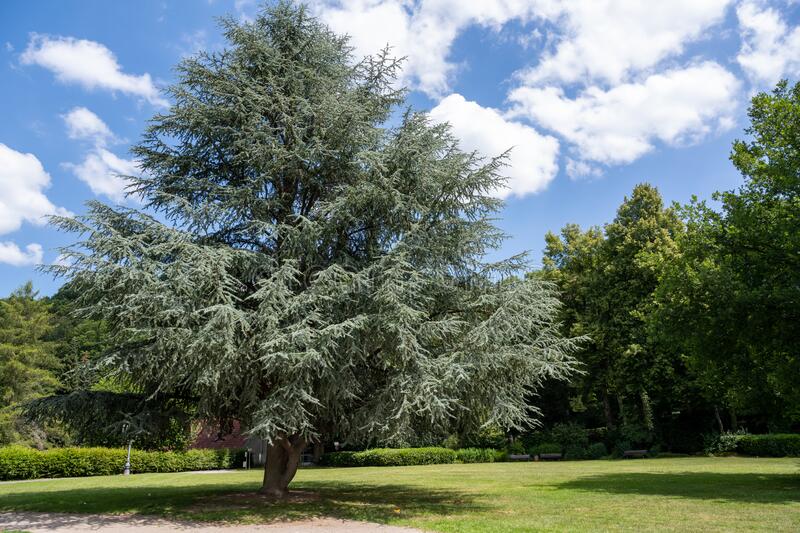Gwen Frangs / Tipperary Town, Tipperary / 7 August 2024

Ezekiel 31:3-9 contains the hermeneutical key for understanding what the Tree of the Knowledge of Good and Evil described in Genesis actually was. In Ezekiel 31:1-9 we read:
3 Like Ashur, a cedar in the L’vanon.
It had beautiful branches, dense foliage,
its tall crown surrounded by leafy boughs.
4 The water nourished it; the deep made it grow,
sending its rivers round the place where it was planted,
sending its streams to all the trees in the fields.
5 So it grew taller than any other tree,
its branches grew in number and spread far and wide,
for it had plenty of water to make them grow.
6 In its boughs all the birds of the air had their nests,
beneath its branches all the wild animals gave birth to their young,
and all great nations lived in its shade.
7 It was beautiful in its greatness and the length of its branches,
because its roots went down to plenty of water.
8 No cedar in God’s garden was like it,
no cypress tree could compare with its boughs,
no chestnut tree could rival its branches,
no tree in God’s garden could match its beauty.
9 I made it so beautiful, with its many branches;
all trees in ‘Eden, God’s garden, envied it.’
It is clear from reading this passage that the trees in the Garden of Eden were cities. This is because Ashur or Assur was a city and it is described in this passage from Ezekiel as a tree. Verse 9 says that it was the envy of all the trees in Eden, God’s Garden. Therefore, it follows that the trees in the Garden of Eden were also cities. If the trees in the Garden of Eden were cities, this means that both the Tree of the Knowledge of Good and Evil and the Tree of Life were cities. It also means that the Garden of Eden was a nation or region with lots of cities in it, not a small garden with only two people living in it.
The name ‘Assur’ is what appears in the original Hebrew in Ezekiel 31:3. However, for some reason many Bible translators have chosen to replace the word ‘Assur’ in Ezekiel 31:3 with the word ‘Assyria’. Only a small group of Bible translators have not tampered with what it actually says in the original Hebrew text. For example:
Their translations are correct, because verse 9 makes it clear that there are many trees in the Garden of Eden. If the trees were nations, such as Assyria, rather than cities, such as Ashur, then the Garden of Eden would have been an extremely vast area. In fact, the Garden of Eden would have to be almost the entire Middle East. However, this is not possible, because the area that the Garden of Eden encompassed is clearly described in Genesis as being an area between four specific rivers. It is definitely not the entire Middle East.
Therefore, it must be the case that Ashur / Assur is the correct reading of the text and that it was a mistake on the part of Bible translations, such as the NIV and the ESV, the Bible translations that I normally use, to replace it with Assyria.
When one understands that the Tree of the Knowledge of Good and Evil was a city and that the Garden of Eden was a region containing many cities and not merely a garden, one can understand that Adam was actually a king over this region, and not merely a gardener. This is why he is a type of Jesus, the Davidic King.
Adam’s sin was because he failed to protect the people in the nation that he ruled over (the Garden of Eden) from the sin of the city that is described in Genesis as the Tree of the Knowledge of Good and Evil.
Therefore, Adam’s sin was the sin of a disobedient king and not a petty sin of eating the fruit from a tree.
Those Bible translators who chose to replace Ashur with Assyria have obscured this hermeneutical key and assisted in creating the idea that God is a tyrannical monster, who will punish even the slightest misdemeanour on the part of man. The unfortunate result of this, is that many people have been put off Christianity and others have chosen to serve God out of fear of Him, rather than out of love for Him.
For more on this topic please see:
